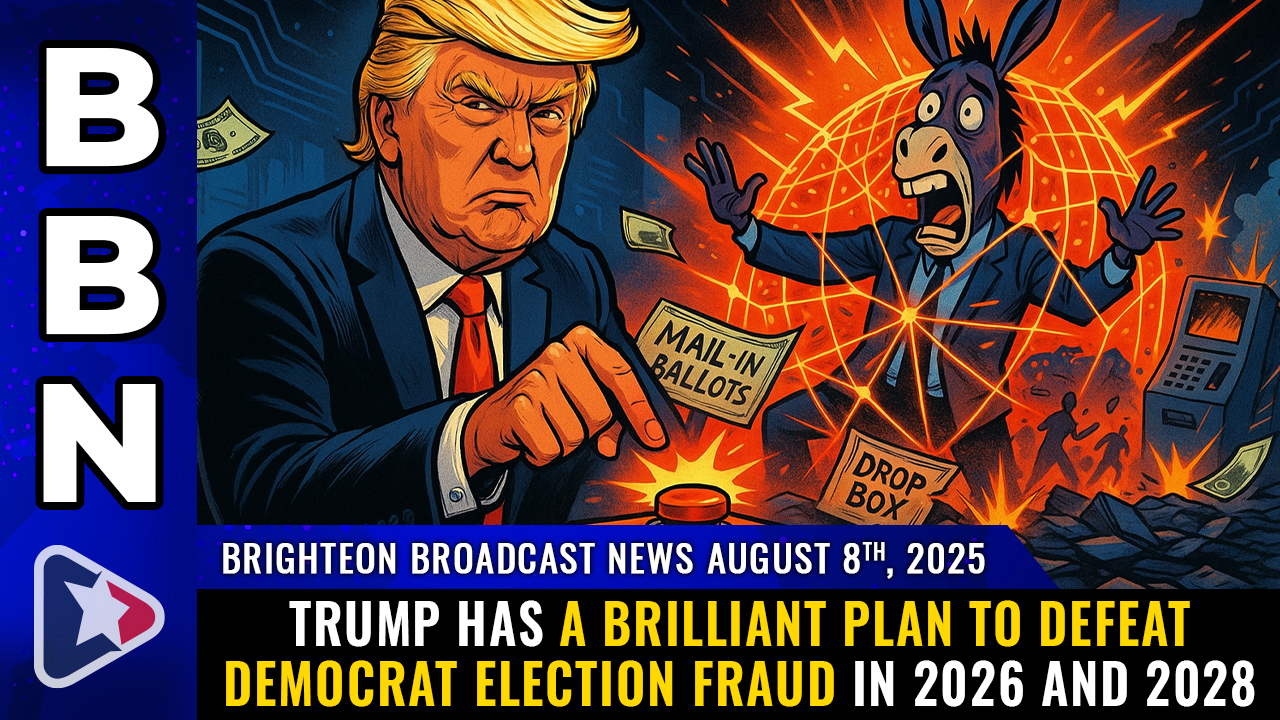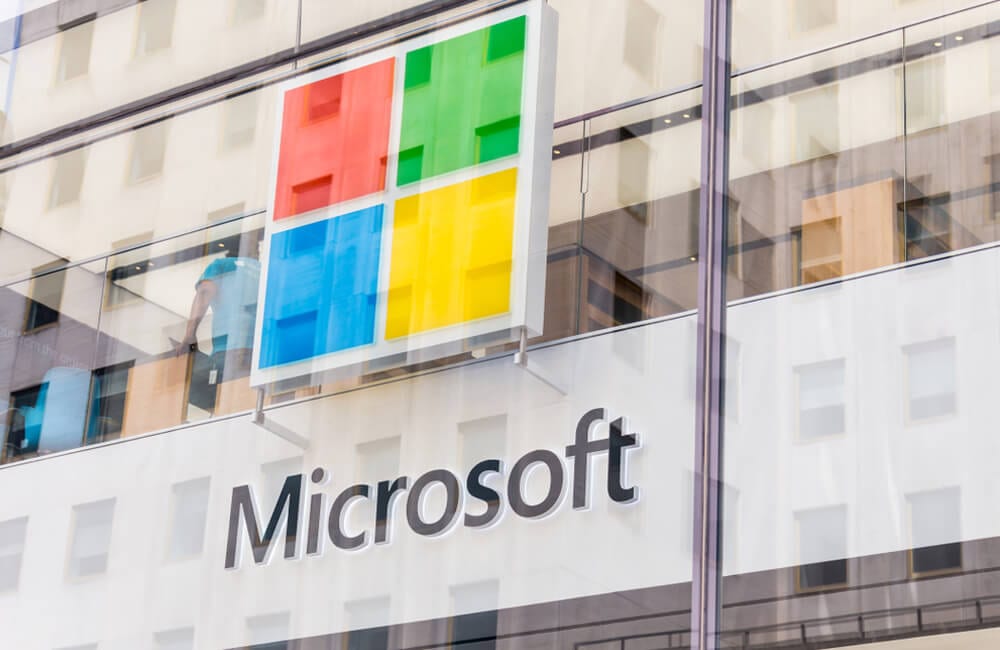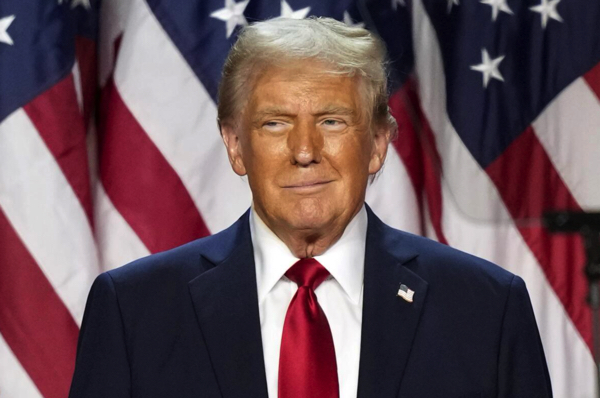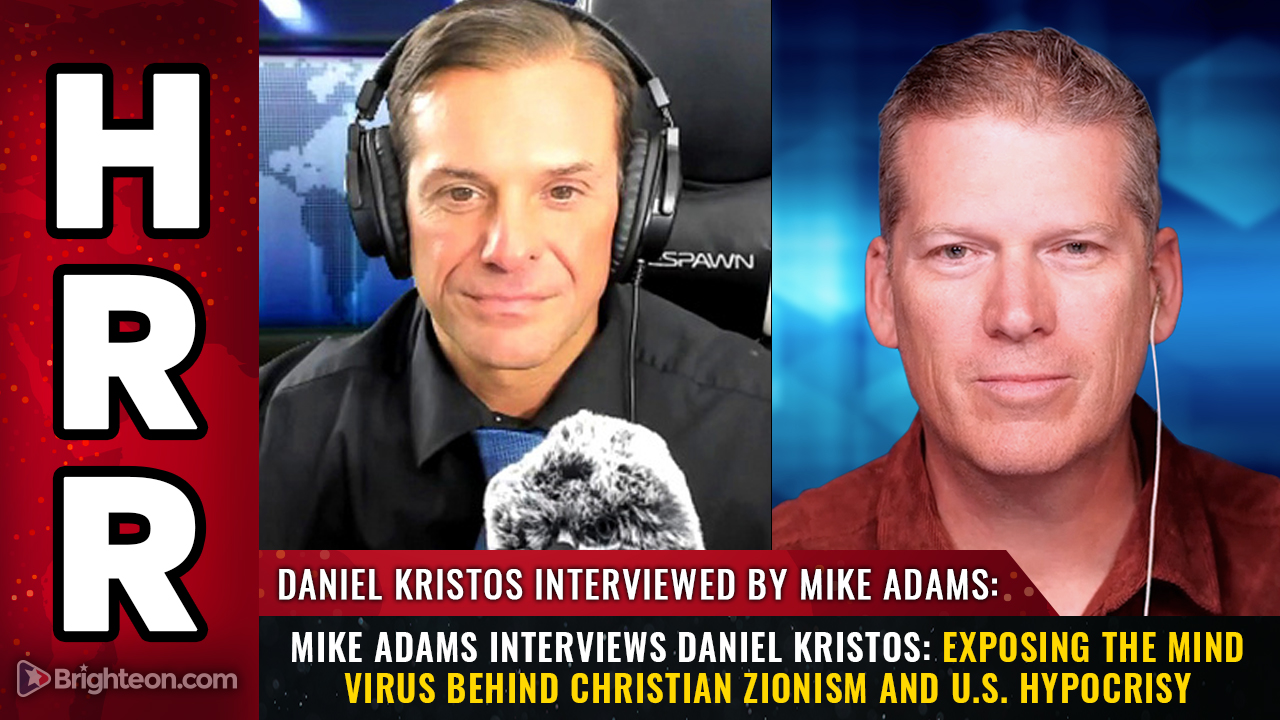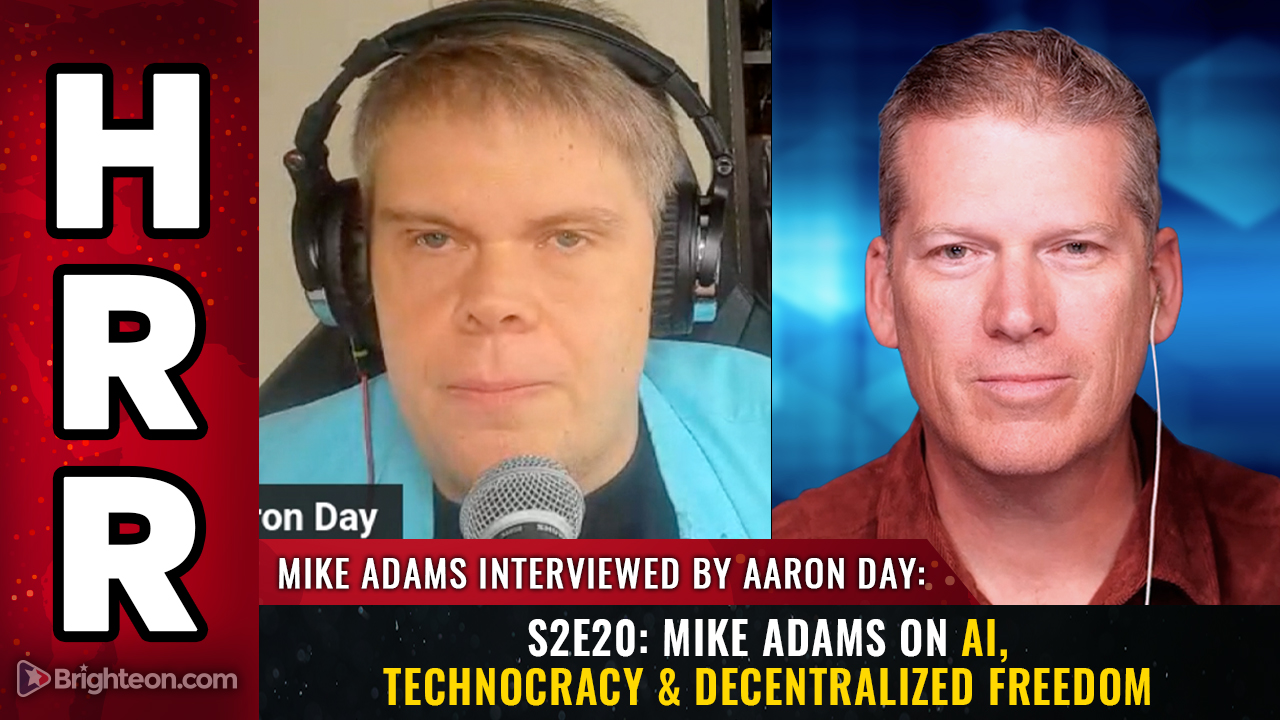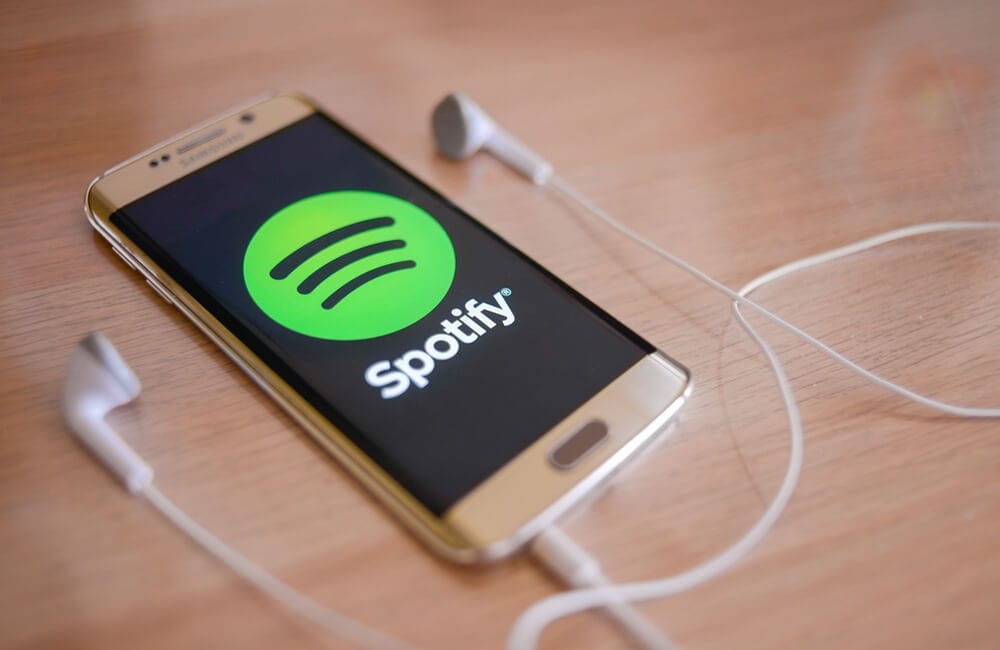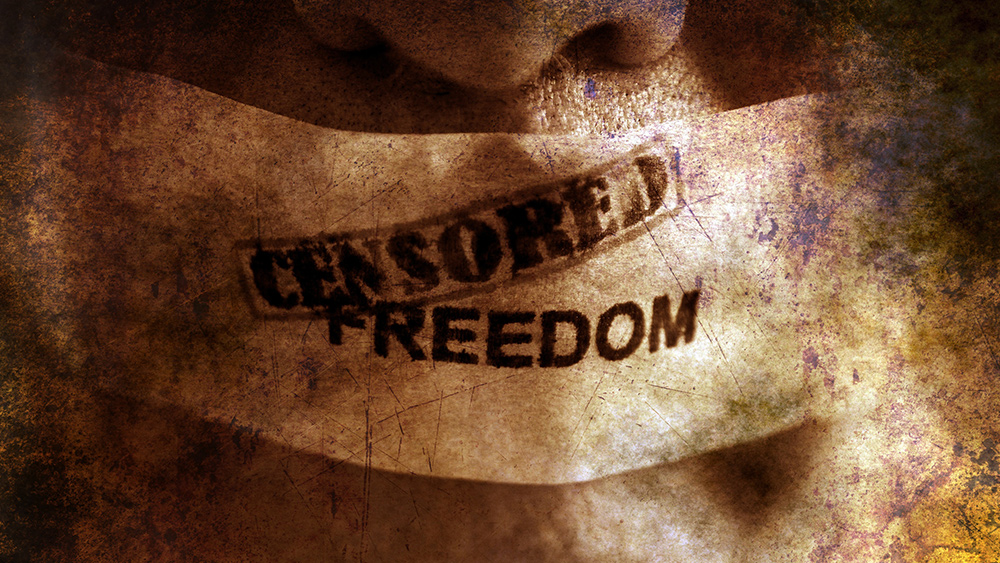Global firestorm erupts over U.K.’s Online Safety Act: Free speech under siege as democracy faces digital Downing Street
08/08/2025 / By Willow Tohi

- The U.K.’s Online Safety Act (2023), fully operational since July 2025, restricts content globally by mandating age verification and broad censorship, sparking transatlantic controversy.
- Critics, including U.S. lawmakers and Elon Musk, argue the law threatens free speech, with Ofcom enforcing penalties on platforms outside the U.K., including imprisonment or fines.
- The Act incites fears of regulatory overreach, as U.S. tech giants like X (formerly Twitter) face forced censorship and stricter content moderation.
- Global concerns arise over the law’s implications for democracy, with Australia preparing similar measures and Brazil facing activism tied to speech suppression.
- Rep. Scott Fitzgerald and bipartisan House delegations condemn the Act as an attack on U.S. First Amendment values, while legal battles and trade pressures escalate.
In July, the United Kingdom’s Online Safety Act (OSA) ignited a global debate over free speech as its enforcement began demanding age verification and content filtering across digital platforms. Critics, including U.S. lawmakers, Tesla CEO Elon Musk and international advocacy groups, argue the law’s broad censorship powers threaten democratic expression. Enforced by telecom regulator Ofcom, the OSA applies to companies worldwide, punishing noncompliance through fines or imprisonment. From banned Gaza war reports to censored historical art, the legislation has drawn scrutiny as a precedent for authoritarian content regulation, raising alarms that the U.S. and other nations could face similar “censorship export.”
The U.K.’s OSA: A blueprint for global digital censorship?
The OSA mandates age verification for access to pornography, hate speech, violence and other “harmful” content, while requiring platforms to actively monitor and regulate user posts. Implementation has led to widespread backlash: YouTube removed WWII combat footage, Reddit restricted cigar enthusiast forums, and X (Twitter) blocked Gaza conflict discussions.
Critics highlight the law’s extraterritorial reach. Ofcom has sent compliance letters to U.S.-based platforms like Gab, which chose to shut down access to the U.K. entirely rather than comply. The law’s penalties—up to £18 million fines or 2-year prison terms—are enforceable globally. U.S. platforms face pressure to censor lawfully controversial content to avoid costly penalties, creating a chilling effect.
U.S. Rep. Scott Fitzgerald, part of a bipartisan House delegation visiting the U.K. in August 2025, called the law an “attack on First Amendment values.” Meanwhile, SpaceX founder Elon Musk accused the U.K. government of “suppressing the people” through “censorship theater,” vowing legal challenges.
The U.S. response and transatlantic tensions
The OSA has become a political lightning rod in Washington. House Judiciary Committee Chair Jim Jordan, a Republican leading investigations into Big Tech bias, spearheaded a trip to London to protest the law’s overreach. The delegation emphasized that U.S. platforms—already battling domestic pressures over content moderation—cannot afford international censorship mandates.
“Foreign elites legislating American speech is not acceptable,” said Fitzgerald, underscoring fears that the OSA sets a dangerous precedent. Meanwhile, tech firms like Meta and Reddit face impossible choices: comply with U.K. laws through costly technical changes or risk losing access to its market.
The Trump administration has pushed back against the OSA in trade talks, but the U.K., prioritizing children’s safety, refuses to budge. Legal battles loom: U.S. attorney Preston Byrne plans to challenge the law’s enforceability in federal court, citing violations of the First Amendment.
Global echoes and a movement against the “censorship industrial complex”
The U.K.’s law has galvanized global resistance. Australia faces domestic scrutiny after the OSA’s rollout, as its government plans to ban under-16s from social media, echoing similar anxieties over youth safety versus free expression. In Brazil, courts reportedly used social media data to jail nonviolent protesters—a practice exposed by investigative outlet Public, which calls the OSA a “totalitarian blueprint.”
Michael Shellenberger of Public argues that authoritarianism is on the rise globally, citing crackdowns on dissidents from France to Brazil. “The Censorship Industrial Complex isn’t backing down,” he writes, urging a unified defense of digital freedoms.
Historically, governments like Australia and Canada have enforced local laws on global platforms, but the OSA’s sweeping, ongoing mandates set a new standard. “This isn’t just about porn or hate speech,” explains internet law scholar James Grimmelmann. “It’s a power grab over what humanity can legally share.”
The fight for digital liberties
The U.K.’s Online Safety Act exemplifies the fractured state of free speech in the digital age. While safety for minors is paramount, the law’s vague boundaries, extraterritorial reach and penal threats have become symbols of creeping state control. From Musk to Congress, resistance is mounting—proof that the battle for unfettered expression remains pivotal. As Rep. Fitzgerald warns, “When governments abroad weaponize ‘safety,’ they risk unraveling the foundation of open societies worldwide.” The OSA’s fate may well determine whether the internet remains a forum for global dialogue or a tool of top-down oppression.
Sources for this article include:
Submit a correction >>
Tagged Under:
big government, Censorship, Dangerous, First Amendment, free speech, freedom, Hate speech, Liberty, Online Safety Act, Orwellian, outrage, Suppressed, totalitarianism, Tyranny, United Kingdom
This article may contain statements that reflect the opinion of the author
RECENT NEWS & ARTICLES
COPYRIGHT © 2018 BANNED.NEWS
All content posted on this site is protected under Free Speech. Banned.news is not responsible for content written by contributing authors. The information on this site is provided for educational and entertainment purposes only. It is not intended as a substitute for professional advice of any kind. Banned.news assumes no responsibility for the use or misuse of this material. All trademarks, registered trademarks and service marks mentioned on this site are the property of their respective owners.

